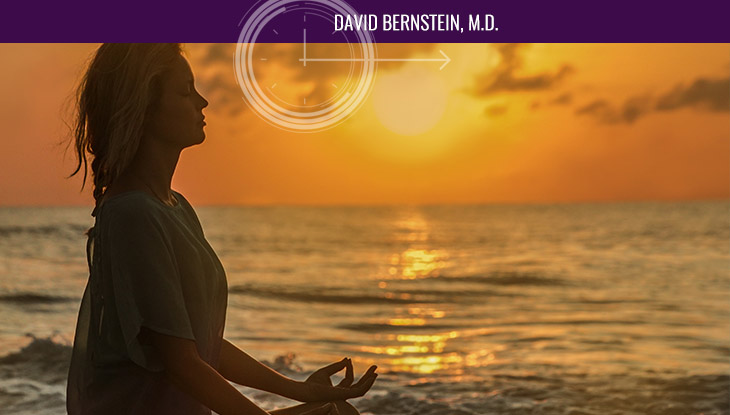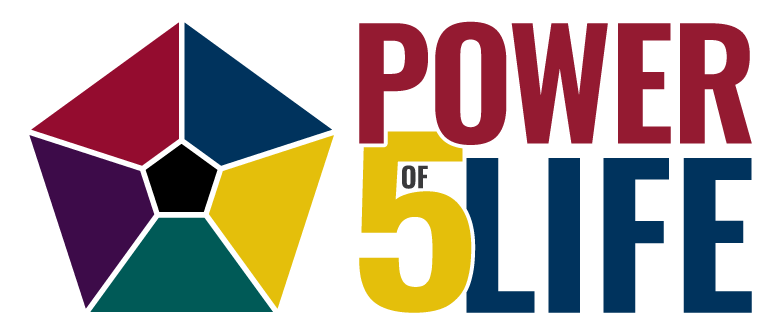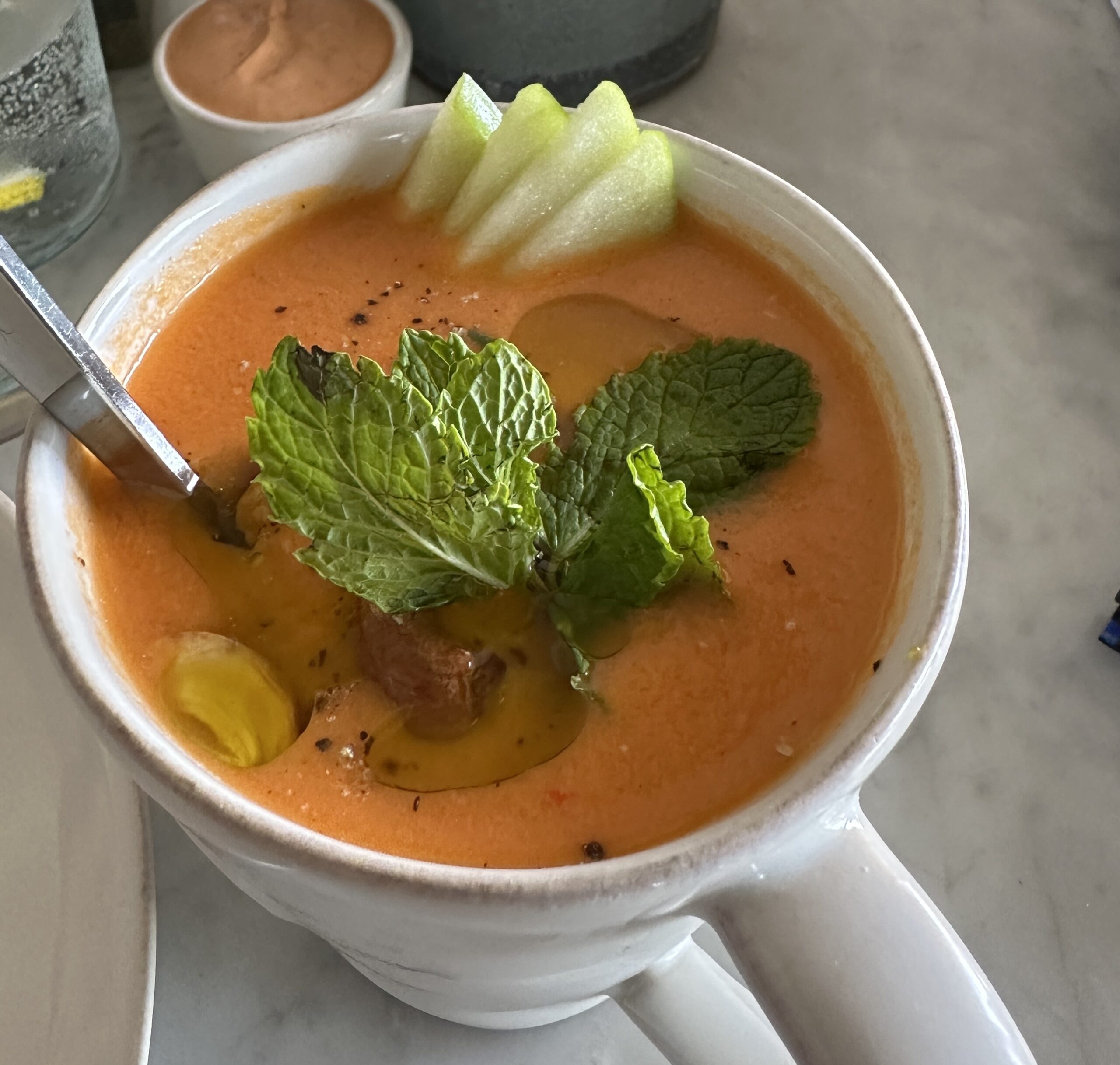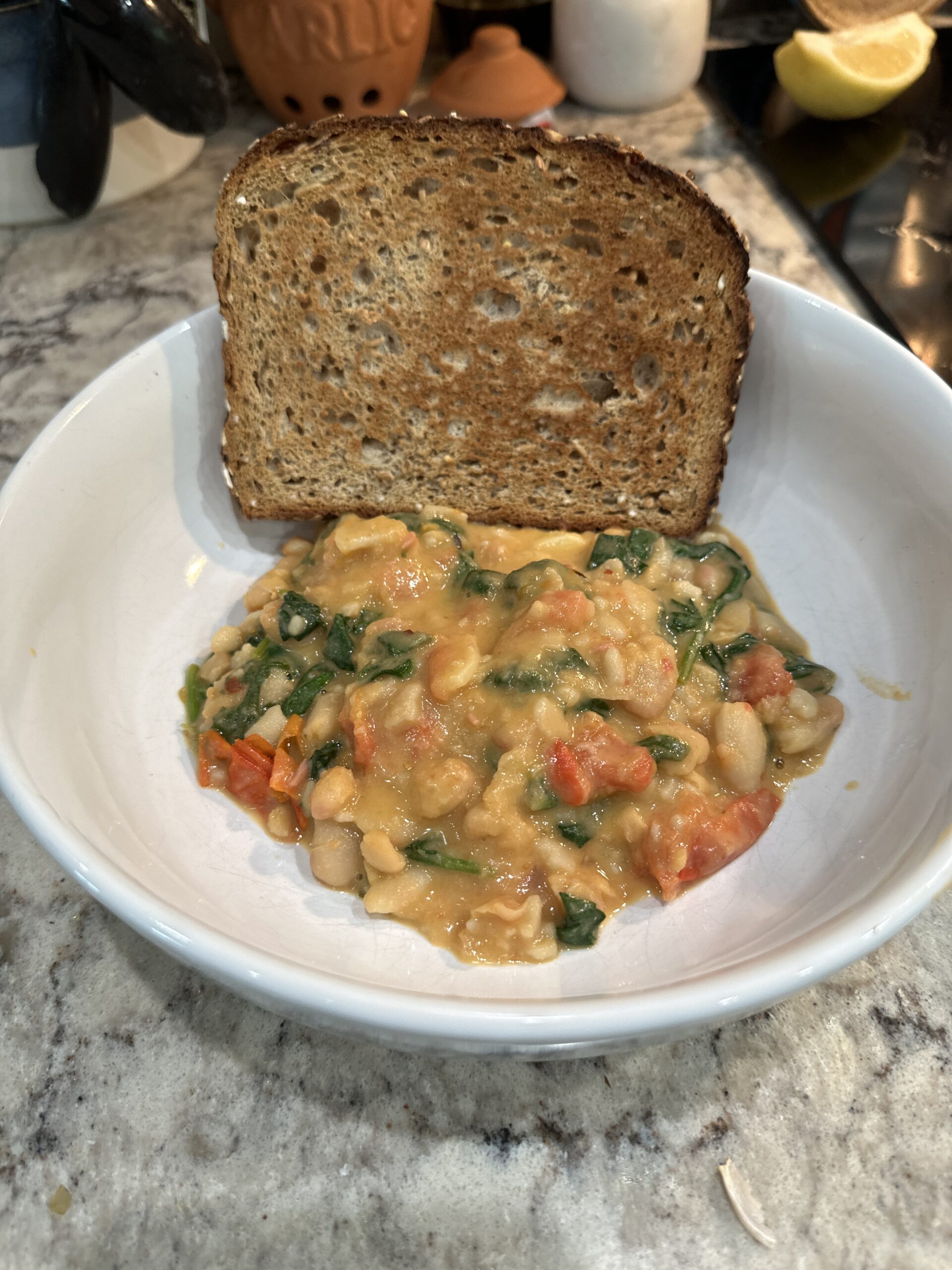
Many years ago, I became interested in understanding the scientific basis for meditation and relaxing, even though back then, I was skeptical about these “foreign” techniques. Today, I will review two similar techniques in this blog. These practices are believed to result in a state of greater relaxation and mental calmness.
Mindfulness
Mindfulness is a state of active, open attention to the present. It is what some people call “living in the moment” or “just being present in the here and now.” You carefully observe your thoughts and feelings without judging them good or bad. Mindfulness is something we all naturally possess, but it works better when we practice it on a daily basis. There’s growing research showing that when you train your brain to be mindful, you’re actually remodeling its physical structure.
Meditation
Meditation is a mind-body practice with origins in ancient religious and spiritual traditions. In meditation, one learns to focus attention while trying to eliminate or diffuse normal streams of thought.
Meditation can be used as a mind-body medicine that generally focuses on two things:
– interactions between the brain, body, and behavior of an individual
– the ways in which emotional, mental, social, spiritual, and behavioral factors affect health.
Meditation can be used to help reduce anxiety, pain, depression, stress, and insomnia. It can alleviate physical and emotional symptoms associated with chronic illnesses and their respective treatments. Meditation can also be used for overall wellness.
A simple meditation technique practiced for as few as ten minutes per day can help you control stress, decrease anxiety, improve cardiovascular health, and achieve a greater capacity for relaxation.
The following is a technique I incorporated in my book The Power of 5 that is based in the work of Herbert Benson, MD in his book “Relaxation Response.”
The two essential steps to the Relaxation Response:
– The repetition of a word, sound, phrase, prayer, or muscular activity.
– Passive disregard of everyday thoughts that inevitably come to mind during the process, followed by a return to the repetition.
To elicit the Relaxation Response:
- Choose a focus word or phrase for repetition. You can use a sound such as “ohm,” a word such as “one” or “peace,” or a word with special meaning to you.
- Sit in a comfortable position in a quiet place free of distractions. Close your eyes and relax your muscles progressing from your feet to your calves, thighs, abdomen, shoulders, head and neck.
- Breathe slowly and naturally, and as you do, say your focus word, sound, phrase or prayer silently to yourself while you exhale.
- To the best of your ability, dismiss intruding worries or thoughts by focusing on the repetition.
- Continue for ten to twenty minutes. It’s okay to open your eyes to look at a clock while you are practicing, but do not set an alarm.
- When you have finished, remain seated, first with your eyes closed and then with your eyes open, and gradually allow your thoughts to return to everyday reality.
Power of 5 Pointers
1. Stress affects chemical processes in the human body leading to inflammation and premature aging.
2. Stress has the same negative effect on your body as does smoking and obesity.
3. Stress, as well as the chemical changes and inflammation that result, have been considered as possible contributors to neurodegenerative diseases such as Alzheimer’s disease, Parkinson’s disease, arthritis, diabetes, and coronary artery disease.
4. Addressing lifestyle concerns will reduce stress and the negative impact on one’s health.
5. Techniques such as meditation, mindfulness and exercise offset the negative effects of stress.
Adding mindfulness and meditation to your daily activities helps relieve the “STRESS” component of the Power of 5. Putting it into practice will enhance your life, by reducing the physical and mental obstacles our environment and life throws our way.
I encourage being patient as you insert these practices into your life; they will help you remain youthful and lengthen your life.
To a long and healthy life,
Dr. Bernstein


